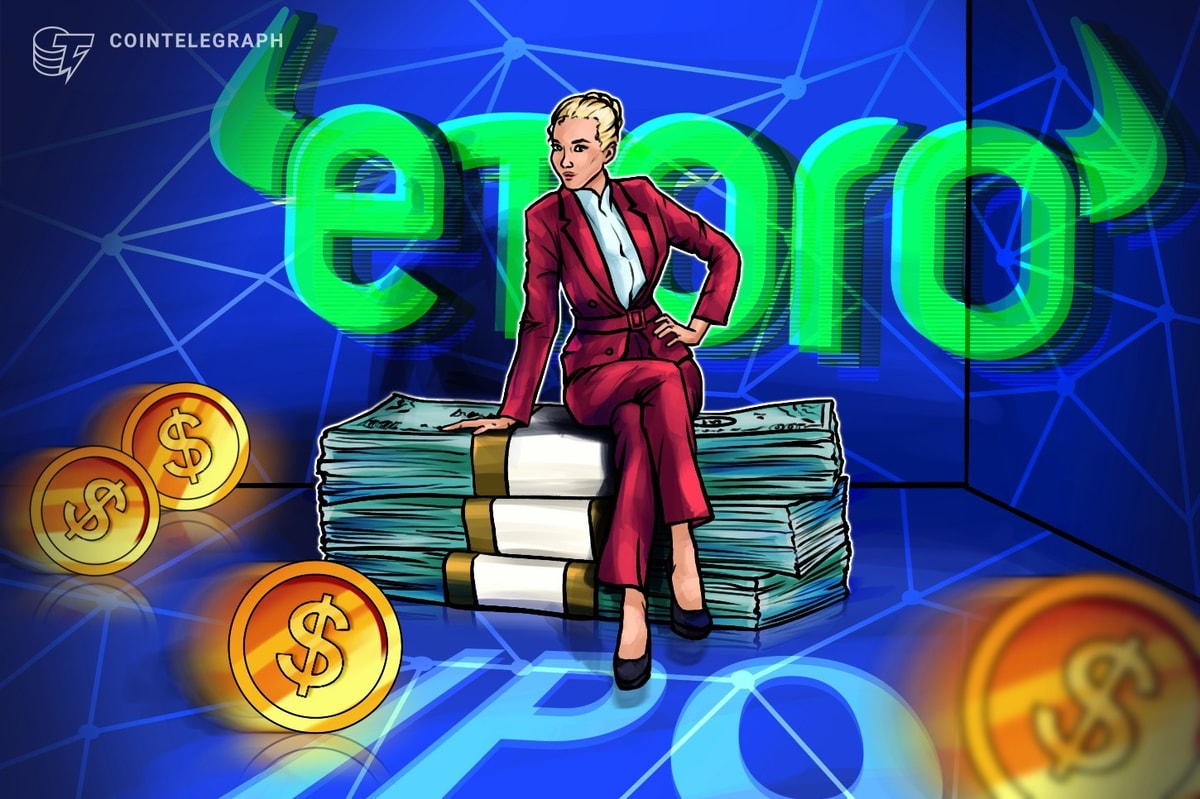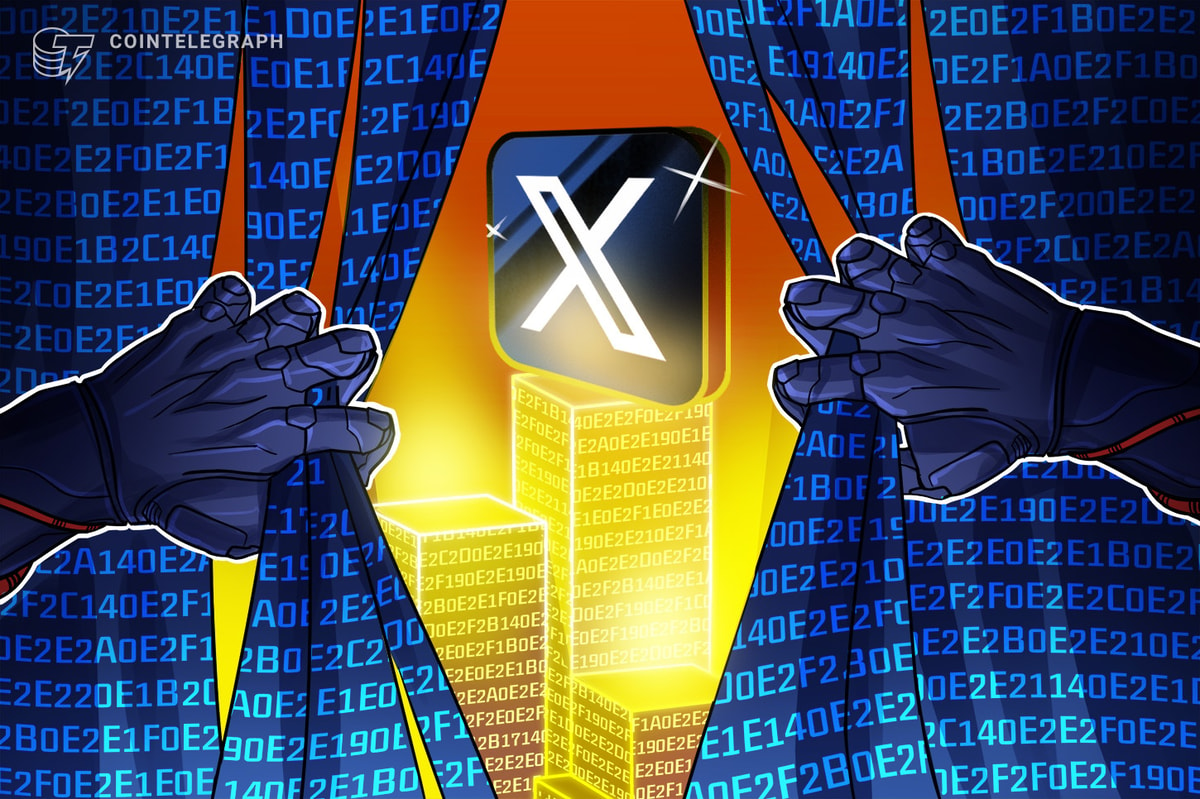A new funding round is set to lift the valuation of Merkle Manufactory — the company behind the social network Farcaster — to the $1 billion mark, according to a Bloomberg report citing sources familiar with the matter.
Leading the round is crypto investment firm Paradigm, whose portfolio includes major crypto firms, such as Coinbase, Blur, dYdX, Compound and Citadel Securities.
Merkle was co-founded in 2020 by former Coinbase executives Dan Romero and Varun Srinivasan. The company’s flagship is the social media application Warpcast, built on top of the decentralized network for social media apps Farcaster.
Romero confirmed in a post on March 28 that Merkle is raising capital. “Wanted to let everyone know that Merkle Manufactory is closing a new round of financing.” Paradigm has not confirmed its involvement. Merkle raised $30 million from venture capital firm A16z Crypto in July 2022.

Since January, the Farcaster platform has seen a significant jump in user activity, following Warpcast’s introduction of Frames—a feature that allows apps to run inside posts without leaving the platform. For instance, Frames enables users to mint nonfungible tokens (NFTs), perform transactions, access external blog posts, and respond to surveys directly within the app.
The update has significantly boosted user engagement. The number of daily active users on the Farcaster network increased from approximately 5,000 on Jan. 28 to over 249,000 on March 30, according to data from Dune Analytics.

Decentralized social media platforms are a new class of networks that leverage blockchain technology to offer users ownership over their data, content, and interactions, moving away from the centralized control seen in traditional social media.
These platforms are characterized by features such as censorship resistance and content monetization without intermediaries. Popular names in this sector include Friend.tech, Minds, and Mastodon. According to two industry executives, one of the biggest challenges decentralized social media platforms face is user retention.
Magazine: ‘Treat your first NFT purchase like a first date’ — NFT Collector Suzanne











